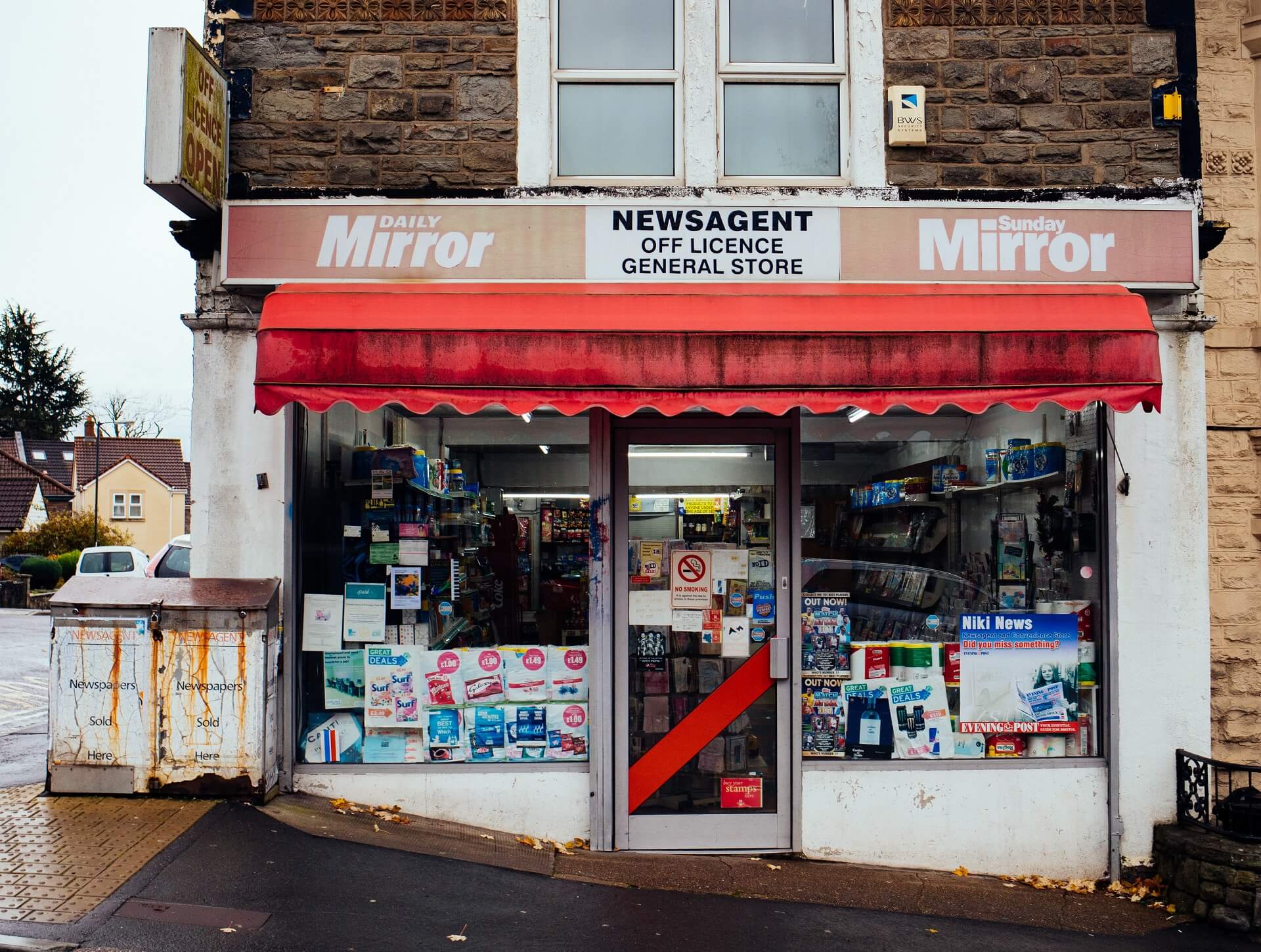As a company director, there may come a time when your business struggles financially. With the continuing economic uncertainty, that time might be now. In such cases, liquidation could seem like the inevitable endgame. However, if you can’t afford to liquidate your company, it’s important to know all your options.
As licensed insolvency practitioners, we’re best placed to advise you of all the options available to your company. In this article, we’ll look at the alternatives that might be available to you if you can’t afford to liquidate your company.
Alternatives to Liquidation
If you can’t afford to liquidate your company, there are alternatives to consider. If your ideal scenario is to keep your business open, then this may be possible. As licensed insolvency practitioners, this is a process we specialise in.
Can you get back into profit?
Once we’ve talked to you about your unique situation, we’ll be able to determine whether your business has a legitimate future, after the immediate pressure of the debts is removed. If so, a Company Voluntary Arrangement (CVA) could allow it to continue trading. This is done by working with creditors to agree a repayment plan. Due to the conditions attached to this option, you must use a licensed insolvency practitioner. We’ll work with you to create a practical, achievable plan – one that has a good chance of being accepted by your creditors.
Administration is another option. As administrator, our role is to take control of the business with the aim of rescuing it by selling some or all of its assets to pay back your creditors. During this process the business may be able to continue trading, depending on the circumstances. A pre-pack administration is slightly different in that the business and its assets are sold to a new company, which can be owned by your existing directors.
In some cases, we can also use a Creditors’ Voluntary Liquidation (CVL) to save a business from insolvency. Acting as the liquidator, we sell the company’s assets so that creditors can be paid what they are owed and close the company. But it doesn’t have to mean an end to the business.
After the CVL, we can help you start a new company to house your old business. This is called a Start Afresh Liquidation. There are a number of restrictions surrounding this process. We’ll make sure everything is done correctly.
Dissolution or strike off
Dissolution or ‘strike off’ refers to the same process of having your company struck off the Companies House register. This might seem like the best alternative to avoid paying its debts, as long as you meet the requirements set out by Companies House. However, your company’s creditors are within their rights to apply for the court’s intervention to recover their debts. This includes the government chasing unpaid Bounce Back Loans or CBILS loans.
Should your dissolution (also known as a strike off) be blocked due to an unpaid Covid loan, an investigation into how the funds were used is carried out by a regulated professional, generally a licensed insolvency practitioner. This investigation could potentially result in a director’s disqualification for those found to have acted inappropriately.
These investigations are important as they protect the majority of company directors who used the Covid loan schemes for their intended purpose.
A self-funded liquidation
It’s also important that you consider whether funding the liquidation yourself is an option. This would mean you can close your company effectively and efficiently, removing any pressure from creditors. In the situation when the company’s directors are also employees of the company, you’ll be able to make a claim alongside other employees for statutory employment related payments due to them from the Government.
Be aware that the Government is unlikely to make these payments to a director if the director owes money to the company. This debt is most commonly an overdrawn director’s loan account.
Can’t afford to liquidate your company? Don’t ignore it!
Ignoring your company’s financial situation is not a viable option and can lead to severe consequences. It could even result in creditors petitioning the court for a winding-up order, which can force your business into compulsory liquidation.
In this scenario, the court appoints an official receiver or an insolvency practitioner to liquidate your company. You’ll lose control of all company assets, and the official receiver will investigate your actions as a director. If you are found to have acted irresponsibly, improperly or negligently, you could be disqualified and the penalties that come with it. Your creditors can also take further legal action against you personally to recover the outstanding amounts.
However, in our experience many creditors will allow the debtor company to voluntarily liquidate if you meet their petitioning costs.
The best thing you can do is to seek professional help. Licensed insolvency practitioners are qualified to talk you through options that you may not even have thought of. By exploring all the options, you can come to a solution that’s best for you and your business.
To talk to a licensed insolvency practitioner and business rescue expert about what to do if you can’t afford to liquidate your company, contact our team.





